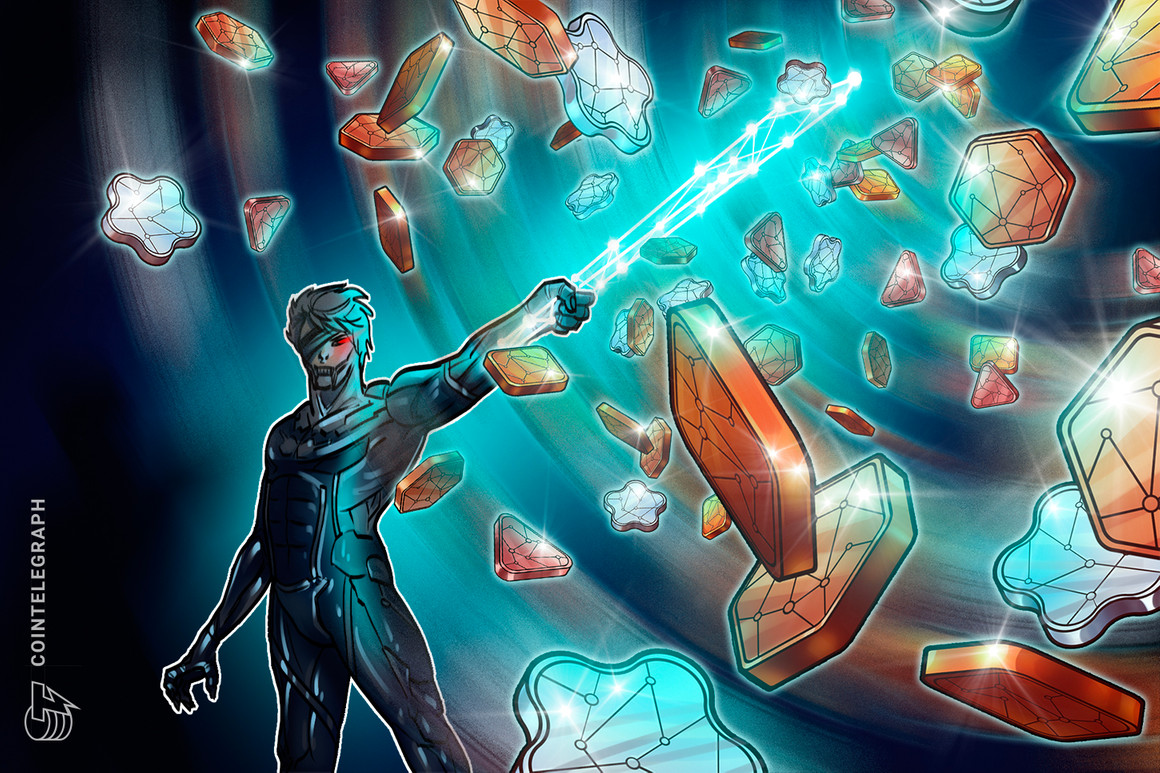Yat Siu thinks it’s only a matter of time until more advanced models of NFT gaming are created, designed around the ideas of digital ownership, interoperability and economic utility.
Animoca Brands co-founder Yat Siu believes nonfungible token (NFT) games are only scratching the surface of what’s possible and predicts completely new models of gaming will be developed as a result of digital ownership.
Speaking to Cointelegraph, Siu likened the potential growth of NFT gaming to mobile phone gaming, which started out relatively niche and clunky in its formative stages before rocketing to become the most popular method of gaming across the globe.
“Mobile gaming brought a form factor of a type of game that we’ve never seen before, you know, one-hand play and that kind of stuff, and innovations around how you play with AI [artificial intelligence]. Because of the fact that you have this limited form factor, it became the most popular form factor in gaming,” he said.
Siu commented that while many blockchain games themselves also have a clunky experience at this stage, the whole sector is still quite new. As such, it is only a matter of time until more advanced models are created that are designed around the ideas of digital ownership, interoperability and economic utility for the user:
In the interim period, Siu pointed to metaverse gaming platforms and massively multiplayer online games as models that fit well with NFTs, as you “can trade items and you have deep levels of economic design” that make sense.
The Animoca co-founder also argued that many current users are willing to accept that the blockchain gaming experience is not necessarily smooth at this stage.
He suggested that this was because they are aware of the significance of being able to own a stake in the games, as opposed to the traditional model in which people sink capital into games that they can never retrieve:
Asked when NFT technology will get to a point of seamlessness that even a grandmother can use it without being aware of it, Siu emphasized this would likely be through the widespread tokenization of physical things, NFT integration with commonly used services and how people interact with each other.
Related: Blockchain games and metaverse projects raised $1.3B in Q3: DappRadar
He outlined that as the world continues to become more digitally focused, children will of course want digital things.
“Grandma is probably going to buy a digital item for their grandchildren as a way to not just as a gift that’s relevant to them, but also as a way to interact,” he said, adding that vice versa, a grandchild could even gift their grandmother a digital illustration that they drew:
Author
Administraroot


